United States President Donald Trump’s sweeping tariffs on friends and foes alike have stirred a storm worldwide. Global markets and businesses were rocked on Thursday (April 3) as the US tariffs risked a global trade war and inflation.
Trump has imposed a baseline tariff of 10 per cent on all goods coming into the US. These import taxes will come into effect on April 5. The White House also announced reciprocal tariffs on nearly 60 of the “worst offenders”. These customised taxes will be imposed on April 9.
We take a look at how the countries have responded to Trump’s tariffs that could upend the global economy.
Catch all live updates on Trump’s tariffs here.
Talk, won’t retaliate
The United Kingdom has been hit with a 10 per cent tariff. As per The Guardian, Downing Street was expecting the US to impose a 20 per cent rate, with the announced rates bringing some relief.
British Business Secretary Jonathan Reynolds said the UK hoped to reach a trade deal to “mitigate the impact” of Trump’s tariff. “Nobody wants a trade war and our intention remains to secure a deal. But nothing is off the table and the government will do everything necessary to defend the UK’s national interest,” Reynolds said, as per Associated Press (AP).
LIBERATION DAY RECIPROCAL TARIFFS 🇺🇸 pic.twitter.com/ODckbUWKvO
— The White House (@WhiteHouse) April 2, 2025
Japan, a close ally of the US, has also not been exempted. While the East Asian nation has stopped short of threatening countermeasures, it called the 24 per cent levies on Japanese goods “extremely regrettable”.
Speaking to reporters, Japan’s Trade and Industry Minister Yoji Muto said “I have conveyed that the unilateral tariff measures taken by the United States are extremely regrettable, and I have again strongly urged Washington not to apply them to Japan.”
Australia’s Prime Minister Anthony Albanese criticised the 10 per cent tariff on his country but said his government would not retaliate. “President Trump referred to reciprocal tariffs. A reciprocal tariff would be zero, not 10 per cent,” Albanese said. “The administration’s tariffs have no basis in logic and they go against the basis of our two nations’ partnership. This is not the act of a friend.”
Some critical minerals that Australia is importing to the US are exempt from the new tariff regime, reported The Guardian.
New Zealand will also have to bear the base rate of 10 per cent. Prime Minister Christopher Luxon said on Thursday that tariffs and trade wars were “not the way to go”.
He also said that his administration will hold talks with US officials over their claim New Zealand imposed a 20 per cent tariff on US imports. “We don’t understand how that figure has been calculated,” he said, as per The Guardian.
New Zealand’s Trade Minister Todd McClay said they did not plan on reacting with countermeasures. “That would put up prices on New Zealand consumers and it would be inflationary,” he said.
Taiwan, which has been struck by a 32 per cent tariff, has described it as “very unreasonable”. The high tax could have a great impact on the island’s economy. Taiwan plans to discuss the matter with the US government.
Italy’s Prime Minister Giorgia Meloni said Trump’s reciprocal tariffs will not benefit either side. “We will do everything we can to work towards an agreement with the United States, with the aim of avoiding a trade war that would inevitably weaken the West in favour of other global players,” Meloni said in a Facebook post.
Italian Foreign Minister and Deputy Prime Minister Antonio Tajani said the new tariffs would hurt people in the US and Europe.
“There is a need for solid and constructive negotiations that take into account the concerns of the US while safeguarding Europe’s legitimate interests. Our government will not leave Italy’s production system vulnerable and will work to diversify the markets for our products in line with our export action plan,” he said.
The Thai government expressed willingness to engage in talks with the US to “achieve a fair trade balance that minimises disruption to both economies.” Thailand is facing a 36 per cent import tax.
Trump has not slapped new tariffs on Canada and Mexico. Both countries are already facing 25 per cent levies imposed earlier this year.
Countermeasures threat
The new tariffs by the US on China have surpassed the maximum rate to over 50 per cent. Beijing has threatened countermeasures as the total import taxes on Chinese goods touches 54 per cent. Of this, the US has levied 34 per cent tariffs now, while 20 per cent had been imposed earlier this year.
China’s Commerce Ministry called on the Trump administration to “immediately cancel” the tariffs, warning they “endanger global economic development” and would hurt American interests and global supply chains.
“There is no winner in a trade war, and there is no way out for protectionism,” the ministry said.
Trump has also ended the “de minimus” exemption that allowed goods worth under $800 to be imported to the US duty-free. About 60 per cent of the goods that came to America through this regime were from China.
The US has imposed a 20 per cent tariff on goods from the European Union (EU). Hitting out at Trump’s new trade policy, European Commission President Ursula von der Leyen said it was a “major blow to the world economy.”
“We are already finalising the first package of countermeasures in response to tariffs on steel,” she said in a statement in the Uzbek city of Samarkand on Thursday. “And we’re now preparing for further countermeasures to protect our interests and our businesses if negotiations fail.”
As per Reuters, the EU is mulling counter-tariffs on up to €26 billion of US goods in response to US steel and aluminium tariffs that came into force on March 12.
South Korea, another close ally of the US in Asia, has been targeted with 25 per cent tariffs on its exports to America. The East Asian country’s acting president, Han Duck-soo, has promised an “all-out” response to Trump’s taxes.
“As the situation is very grave with the approach of the reality of a global tariff war, the government must pour out all of its capabilities at its disposal to overcome this trade crisis,” Han said.
He also directed officials to work with business groups to examine the impact of the new tariff to “minimise damage,” the trade ministry said.
Brazil has to deal with a 10 per cent US tariff. The South American country has said it is “evaluating all possible actions to ensure reciprocity in bilateral trade, including resorting to the World Trade Organization.”
Brazil’s Congress has also approved a bill to allow Brazil to respond to tariffs targeting its goods and services with countermeasures.
What has India said?
India’s Commerce Ministry has said it is analysing the impact of a 26 per cent tariff on all Indian goods imported to the US.
“It is a mixed bag and not a setback for India,” a government official told PTI.
Trump, who has railed against India’s high tariffs on American goods, said 26 per cent was a “discounted reciprocal tariff” for the 52 per cent tariffs imposed by New Delhi.
With inputs from agencies


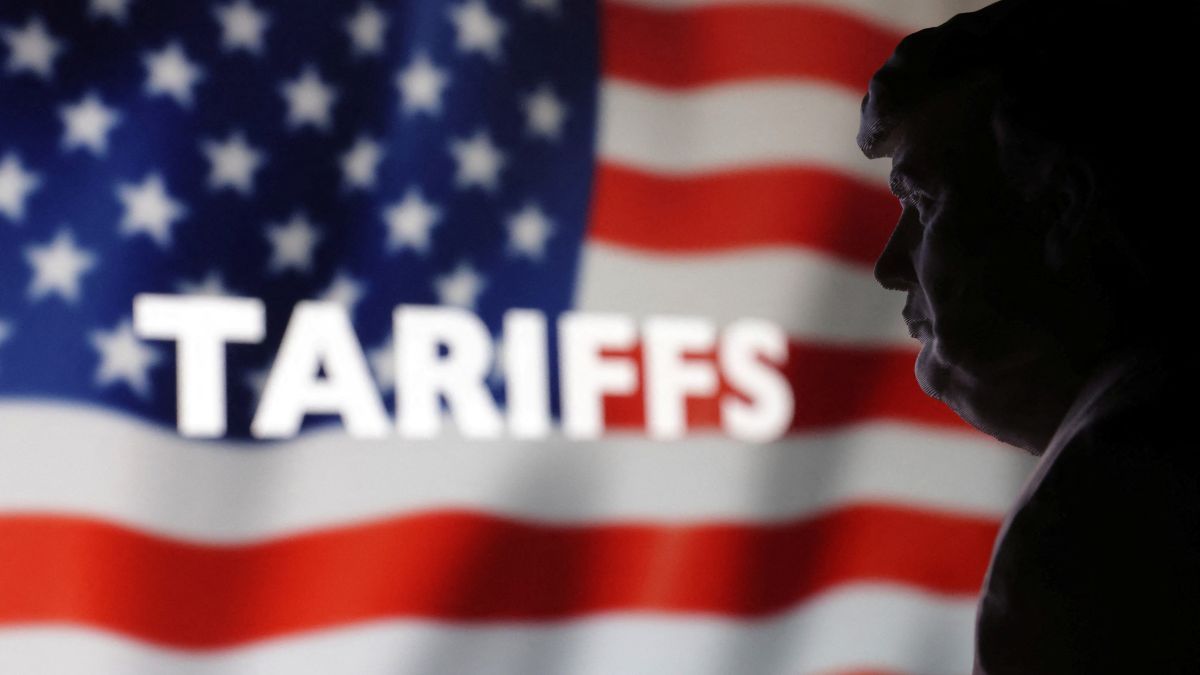)

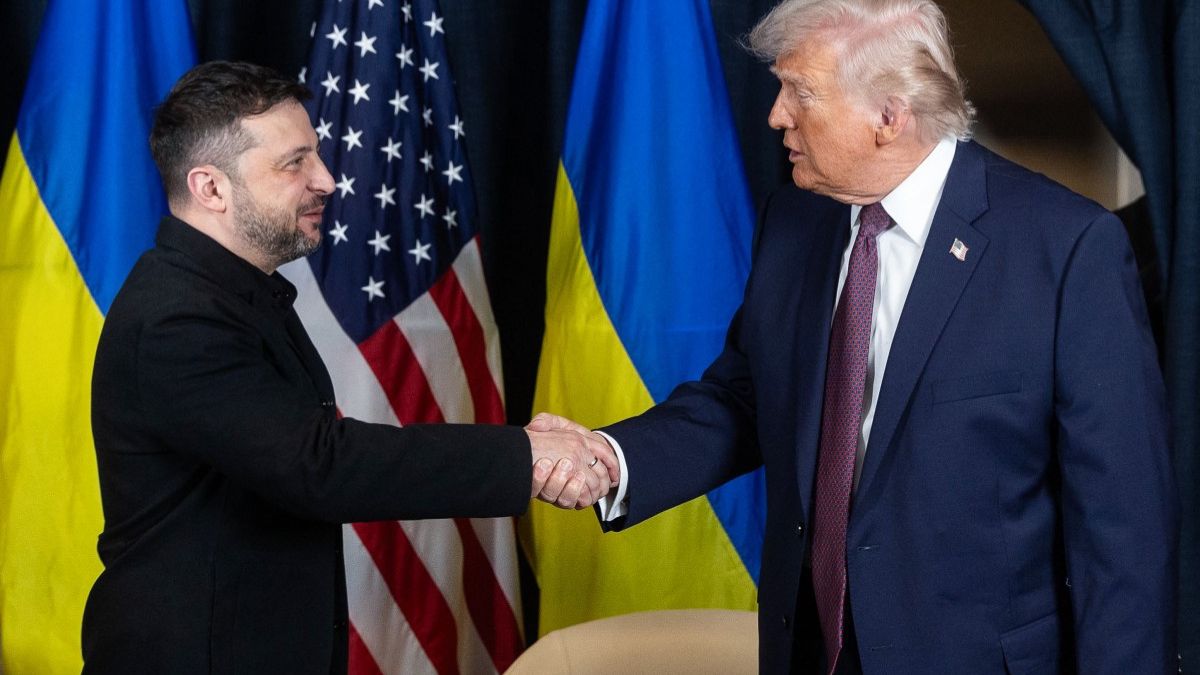)
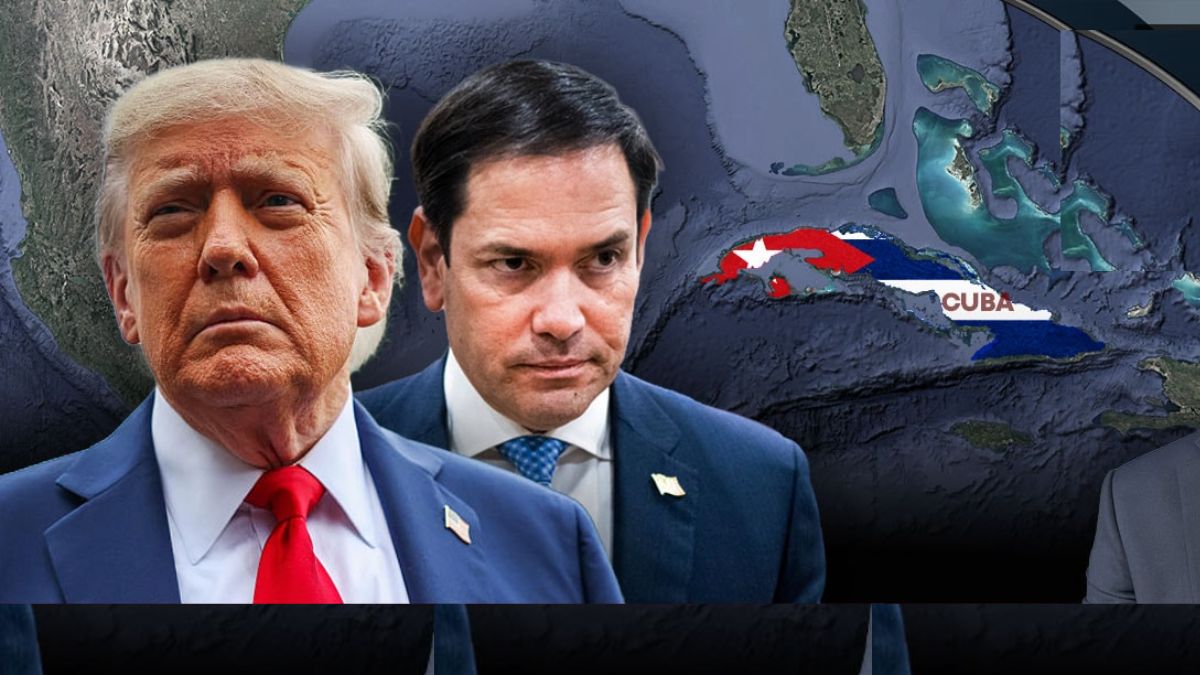)
)
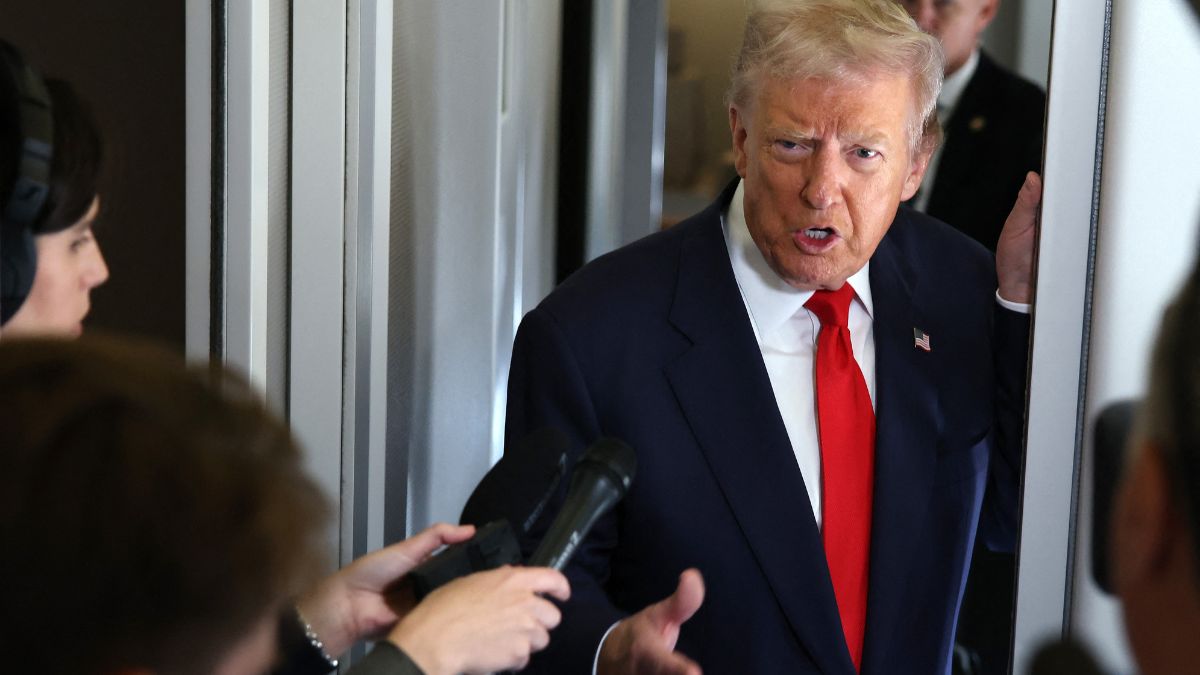)
)
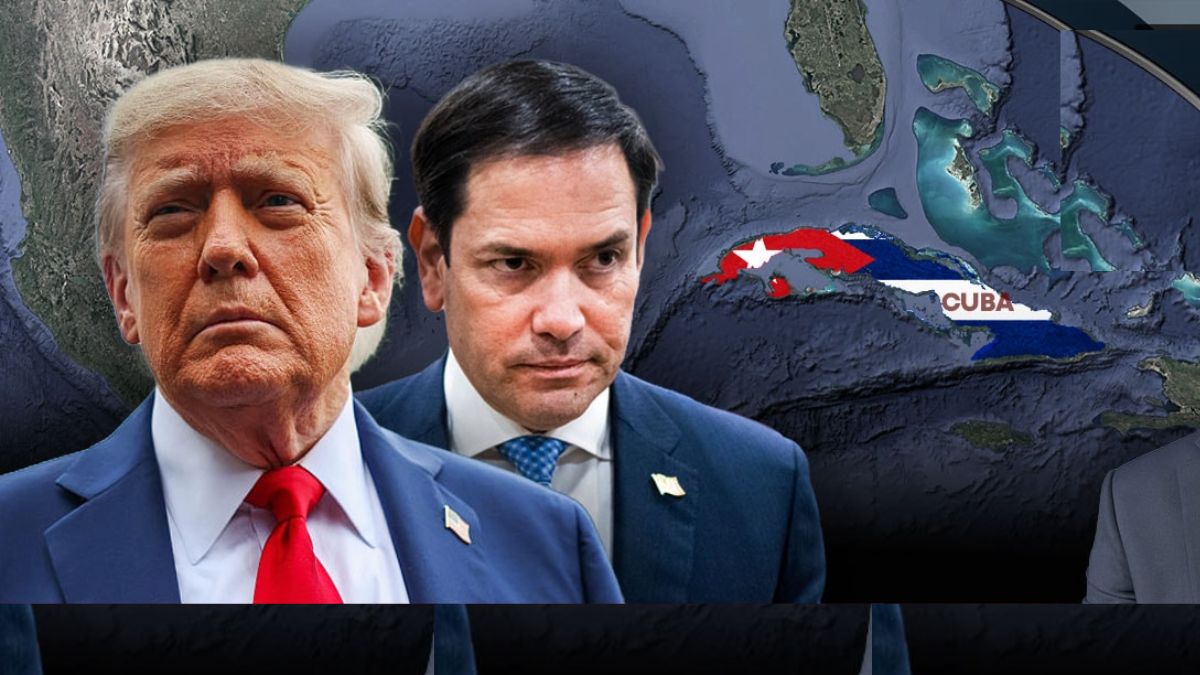)
)
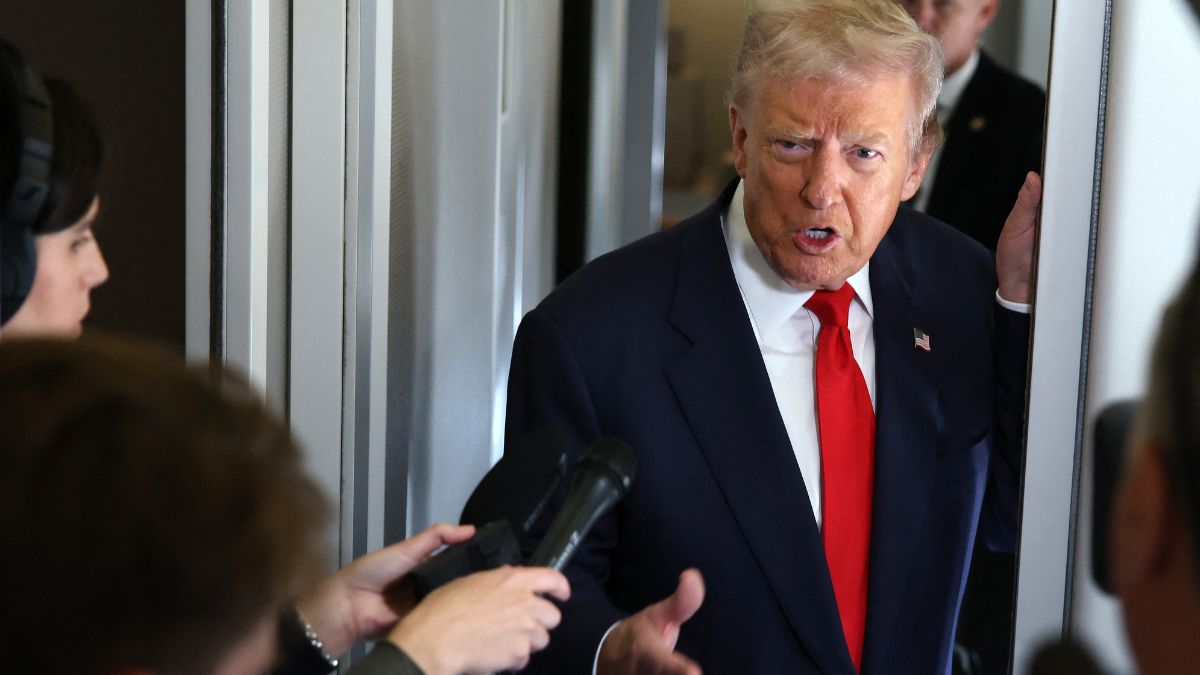)



